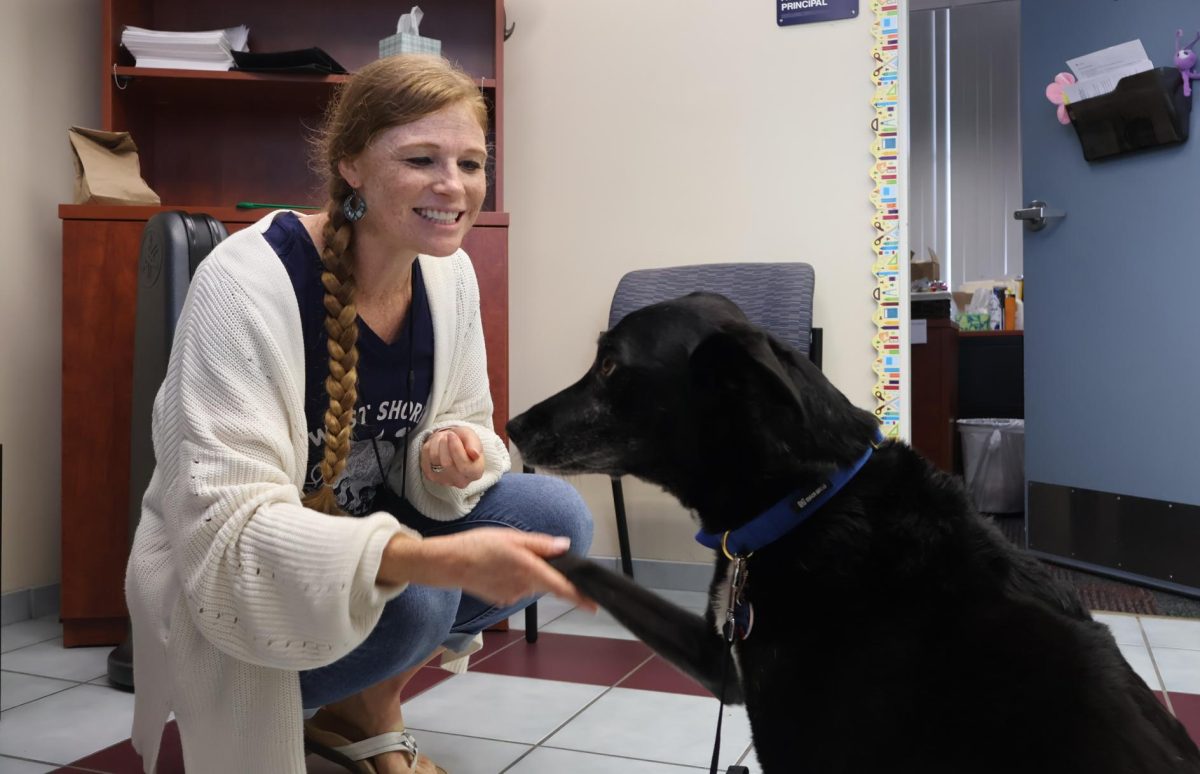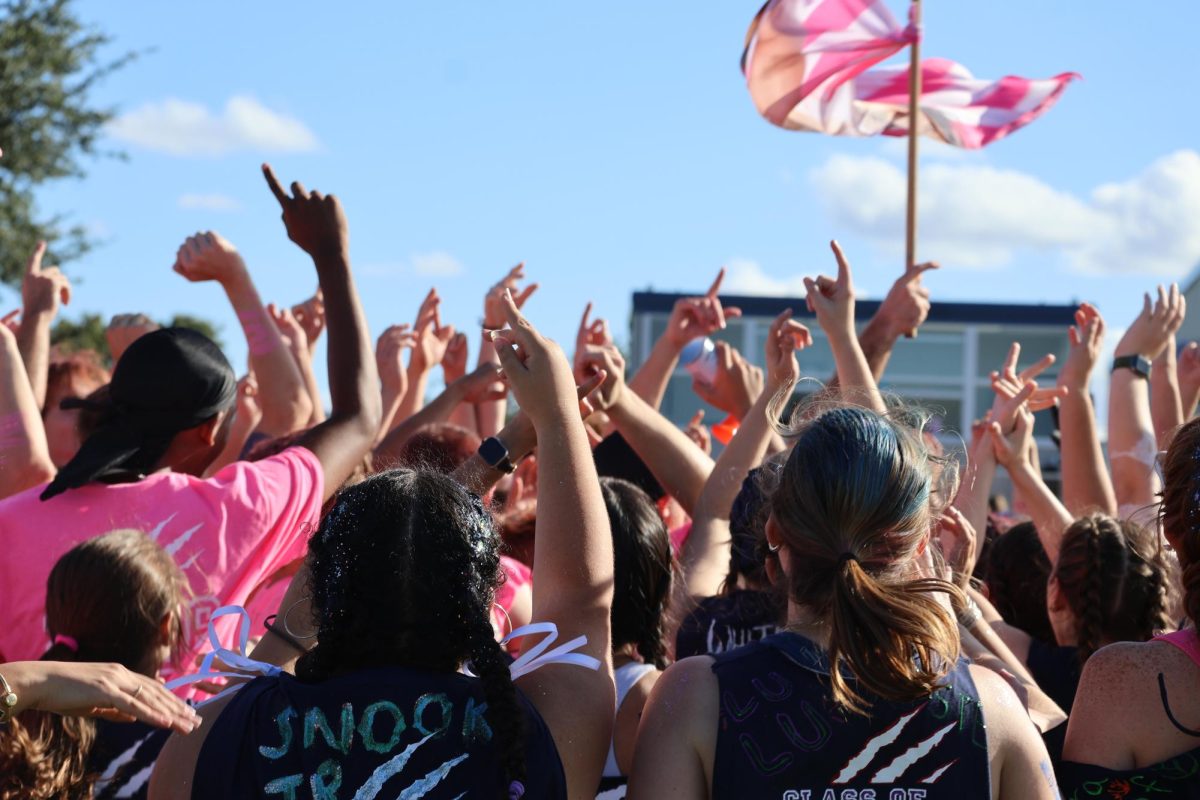Gun violence and security concerns among top stressors for Gen Z
April 22, 2019
Junior Zack Shazad had just finished the last bites of his chicken sandwich and had begun loading his homework assignment into his backpack when the alarm sounded just before the end of Power Hour on March 1. What followed could best be described as confused chaos. Students had experienced a once-a-month fire drill for as long as they had attended the school, but never during lunch.
I think the drill was uncalled for,” Shazad said. “I don’t think the drill resulted in any more knowledge about what to do during a random drill, and it was just really chaotic. No one could hear the intercom while we were walking to the soccer field, so we didn’t know what we were supposed to do until other teachers told us.”
Assistant principal Catherine Halbuer shed some light on what exactly caused the mass confusion.
“The students knew where to go when we got them out there,” Halbuer said, “[but] a lot of the teachers […] went and lined up how they used to without understanding [the proper procedure].”
Despite the anxiety the drill caused some students, Halbuer remains optimistic about the new security protocols.
“{The most recent drill} helped us learn […] that we could do a better job communicating,” Halbuer said. “It also let us know that there are some things we needed to update. So I think these drills have been a lot more beneficial than the fire drills have been because each time we’re learning a lot of new stuff.”
But how do these new procedures impact students?
Reflecting the increased number of shootings in schools, the American Psychological Association has identified gun violence and security measures as significant sources of stress for Gen Z youth, who were born between the mid-1990s and the mid-2000s.
In spite of efforts made by administrators and law enforcement to make students and parents feel more secure, the data suggest that these endeavors have had little to no positive impact on the students’ sense of safety.
The report states, “75 percent of [Gen Z youth] report mass shootings as a significant source of stress, and nearly as many — 72 percent — say the same about school shootings or the possibility of them occurring.”
“I think gun violence precautions in school are stressing me out more than an actual threat,” junior Julia Travis said.
Travis’ opinion is echoed by the report, which found that “[22 percent of students] say security measures in their schools have somewhat or significantly increased their stress about school shootings.”
Travis expressed additional frustration due to difficulties she experiences as a dual-enrolled student at Eastern Florida State College.
“Sometimes the speaker [outside the gate] doesn’t work and sometimes they just can’t hear us stating our names [over the air-conditioning],” she said. “I end up being late [to class] just because they can’t hear me.”
However, according to the APA, 37 percent of students share junior Veronica Santamaria’s concern.
“I feel like more security would definitely be beneficial with all the gun violence happening in other schools,” she said.
Licensed marriage and family therapist Stephanie Byrd of Melbourne Family Therapy said she believes the popularity of social media has facilitated the spread of graphic coverage on gun violence to students, which may be contributing to their stress.
“I’ve certainly seen students […] afraid to go to school now,” Byrd said.
She added that the anxiety experienced by some students can go as far as mirroring the symptoms of post-traumatic stress syndrome.
Byrd encourages students to seek help if their stress is affecting their focus or sleep.
“Fear comes out of not knowing,” she said. “Identify what you need to feel safe and then implement some of the things that you can do.”
Byrd emphasized the importance of an action-oriented mindset and expressed her admiration for members of Gen Z who often initiate the idea to seek help rather than being force to attend therapy.
“This is probably the first generation where I have parents calling me and saying ‘my child wants to come in and work on some ways to manage their anxiety,” she said.



![Sophomore Isabelle Gaudry walks through the metal detector, monitored by School Resource Officer Valerie Butler, on Aug. 13. “I think [the students have] been adjusting really well," Butler said. "We've had no issues, no snafus. Everything's been running smoothly, and we've been getting kids to class on time.”](https://westshoreroar.com/wp-content/uploads/2025/08/IMG_9979-1200x800.jpg)











































